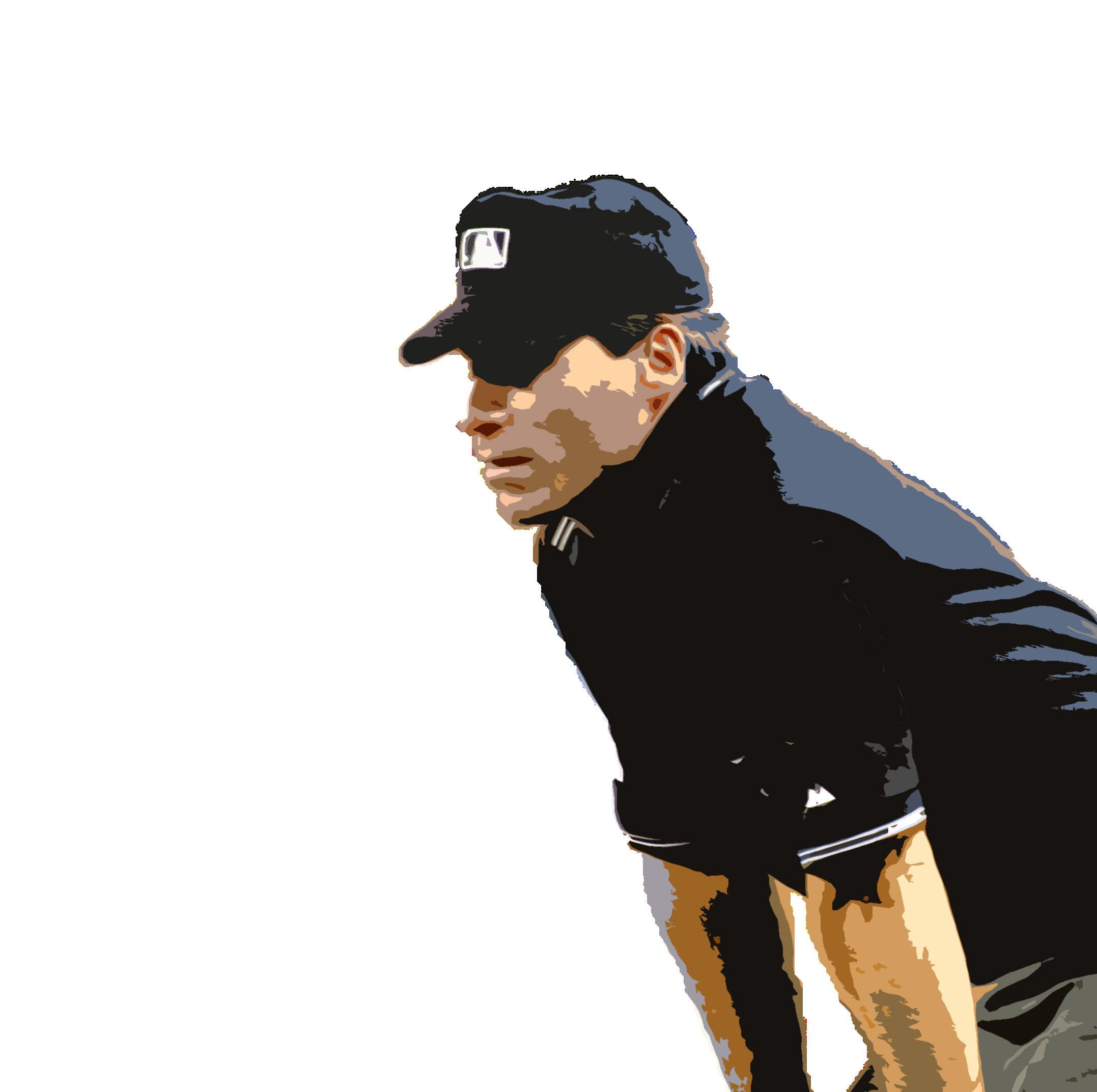
3 minute read
Final Word
THE FINAL WORD: Referee Regulation
A delve into the complexities of athletic rulings and athlete and fan reaction to bias, gambling, scandal, vicotry, and loss.
In nearly every sport imaginable, referees are instituted to keep games fair and orderly by following a set of rules created for each respective sport. Whether you love them or hate them, referees are a crucial part of the world of sports (even Angel Hernandez), and we would be unable to enjoy athletics without them. However, to quote Spiderman: “With great power comes great responsibility.”
For decades, fans, analysts, and athletes constantly attack referees for their calls, accusing them of being “power hungry.” Yes, Saints fans, I’m talking to you. Nickell Robey-Coleman will live in your nightmares forever. Many speculate that referees –like supervillains– abuse their power to control the game at their own will. While this notion may seem overly dramatic for a “silly sports game,” the truth is that professional athletes are the centerpiece of the lives of many, and are foundational to global --and especially American-- culture.
In the 2002 NBA Western Conference Finals, the NBA’s juggernaut team, the Los Angeles Lakers, led by Kobe Bryant and Shaquille O’Neal, faced off against Chris Webber and the 61-win team Sacramento Kings. The series (which is won best out of seven) was one to never be forgotten; a battle for the ages. After a grueling six matches,the teams were tied with three games apiece , and needed a seventh to be the decider. was a hard fought battle that the Lakers won, but the tension arising from a streak of controversial calls in favor of the Lakers snowballed the discussion around the morality of referees. In the fourth quarter alone, O’Neal shot a total of 10 free throws, causing two key Kings players to foul out and putting others in foul trouble. This played a huge part in the Lakers’ victory. At the time, the simmering tensions over the calls was held at bay, but the lid was later blown off by the revelation of an underground gambling scandal. It was revealed that the head referee in that game was rigging the games for his own benefit. Because of the precedent this set, fans across years and sports have begun accusing referees of bias -- be it conscience, like the Laker scandal, or subconscious, like home-court advantage, or fan pressure. And while many accusations are the farfetched fantasies of a disappointed fan, it begs the question of how sports institutions, players, and teams, should handle the arbitration of games.
I myself have fallen victim to the plight of a disappointed, frustrated fan. I often find myself blaming the referees when my favorite team is losing, especially in high-stakes games like the playoffs. A recent example is when I was watching the Warriors game against the Grizzlies the other night. Draymond Green got ejected from the game because of a technical foul against one of the Grizzlies’ forwards. While I thought the ejection was unwarranted and excessive, a lot of more impartial NBA fans saw the foul as correctly called (Truth be told, they are probably just mad that their favorite teams are poverty franchises).
In the end we can’t get rid of refs alto-
Text by JJ STOEN design by OWEN BITTINGER
gether: they’re a much too crucial part of any sport. What we need to do is find a way to live with the bad calls and accept them as parts of the game. There will inevitably be more controversy in the future, but this is better than not having regulation in sports at all. So next time you jump out of your seat with a “ref you suck” scream on the tip of your tongue, remember that without them, we might not have a game at all.








